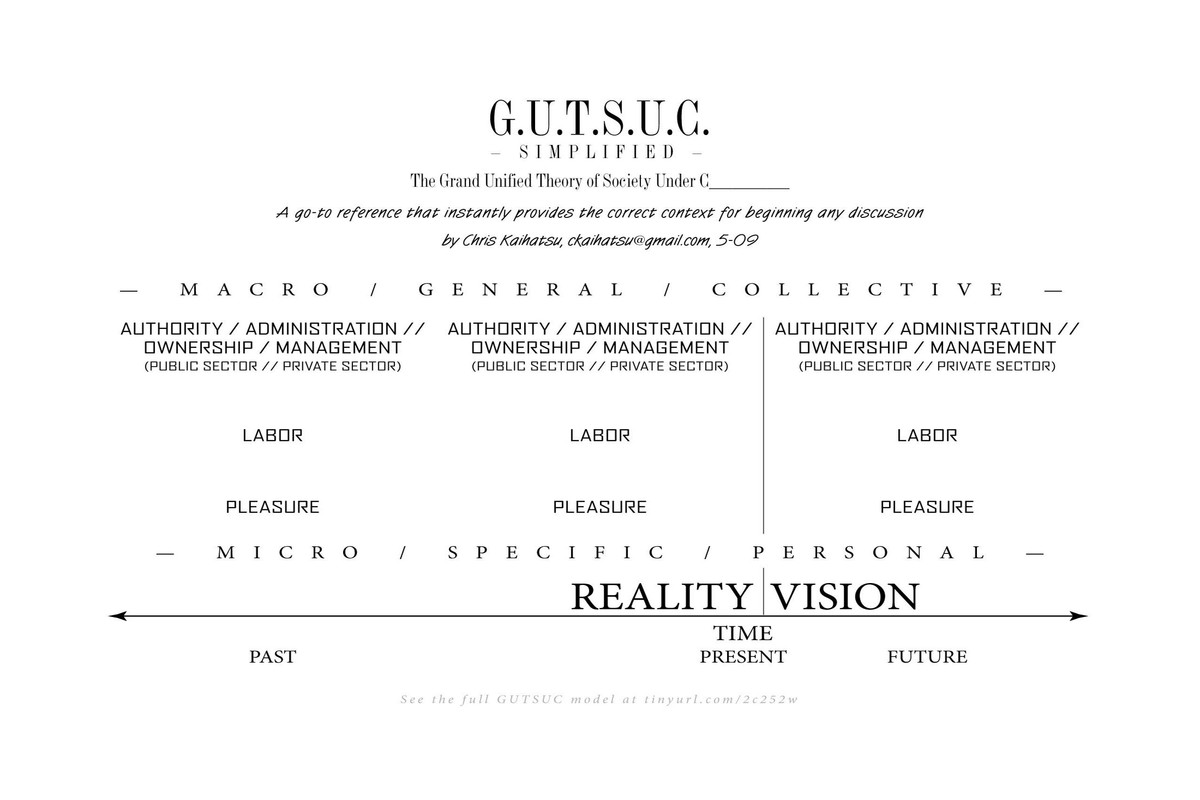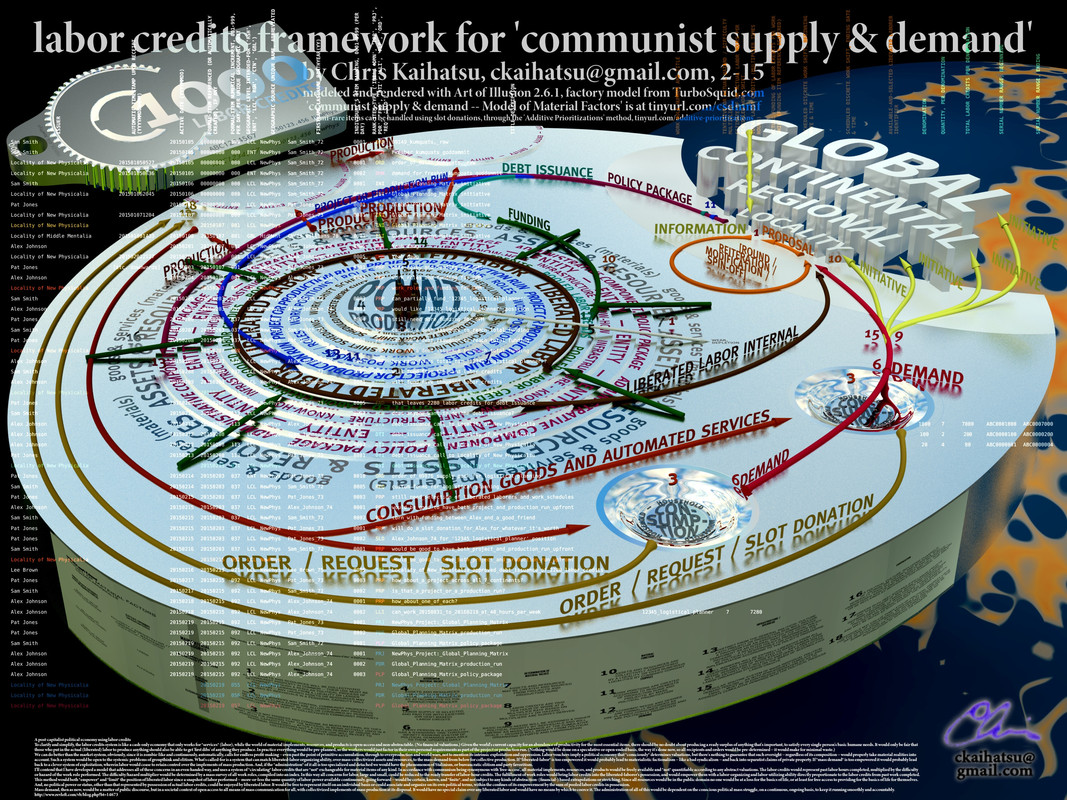- 19 Sep 2022 20:56
#15247588
Btw, I'll add that you're indicating the (U.S.) *domestic* situation / paradigm.
Unfortunately it's a rather 'snapshot' treatment, I'd say -- and that particular description *extends* the particularly 'domestic' perspective, which quickly becomes *problematic*, as we've seen with Trump's coup and his far-right-wing minions.
[2] G.U.T.S.U.C., Simplified
Unfortunately it's a rather 'snapshot' treatment, I'd say -- and that particular description *extends* the particularly 'domestic' perspective, which quickly becomes *problematic*, as we've seen with Trump's coup and his far-right-wing minions.
[2] G.U.T.S.U.C., Simplified
Spoiler: show






















 - By wat0n
- By wat0n